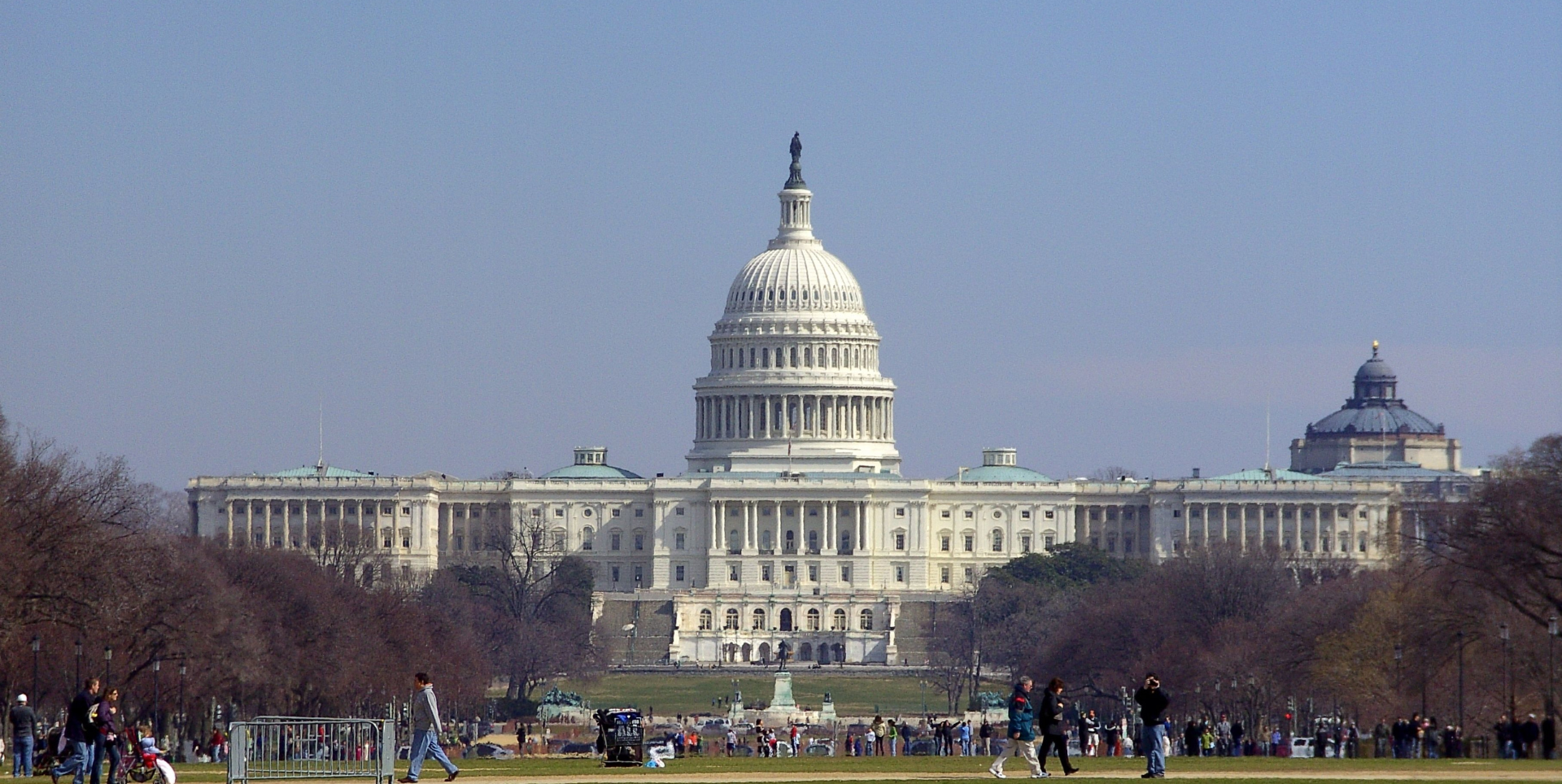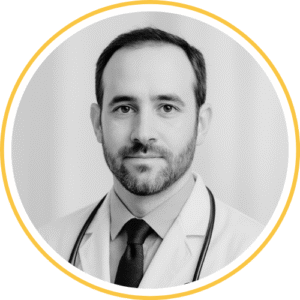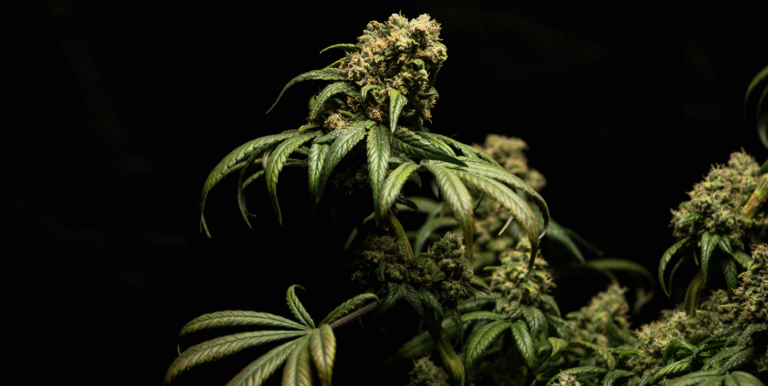Cannabis in Washington, DC : Recreational Laws

Have you ever wondered about the cannabis laws in our nation’s capital? It can be a very confusing topic. People often ask, “Is it legal? Can I just buy it from a store? And what is this ‘gifting’ I keep hearing about?”
We are here to help you understand it all. This guide will clearly explain how the law, called Initiative 71, works. We’ll also talk about the “gifting economy” and show you why D.C.’s medical cannabis program is often a safer and better choice.
Understanding the rules for cannabis in Washington DC is very important. Let’s break it all down together.
The Law of the Land
Let’s start with the law that created D.C.’s cannabis rules. Back in 2014, the voters in D.C. passed a law called Initiative 71, or I-71 for short.
This new law made it legal for any adult who is 21 or older to have, grow, and share a small amount of cannabis. But here is the most important part: I-71 did not create legal cannabis stores like you see in states like Colorado or California.
Because you can’t legally buy it from a store, a very unique system was created in D.C. This is why the rules here are so different from other places.
What’s Legal? Your Rights Under I-71
So, what exactly can you do under this law? The rules are very specific, so let’s look at them one by one.
Possession Limits
- You can have up to two ounces of cannabis flower on you at one time.
- You can legally give, or “gift,” up to one ounce of cannabis to another adult who is also 21 or older.
Home Cultivation
- An individual can grow up to six cannabis plants in their home. No more than three of these plants can be mature and flowering at the same time.
- If two or more adults live in the home, the household can grow a maximum of twelve plants. No more than six of these can be mature at once.
The “Gifting” Rule
This is the most critical rule to understand. It is legal to give up to one ounce of cannabis to another adult. But there can be no exchange of money or anything else for the cannabis itself.
It has to be a real, completely free gift. You cannot trade it for goods or services. This rule is what created the “gifting economy.”
How People Get Cannabis in D.C.
Because you can’t legally buy cannabis, a clever workaround was created. This is what people call the “gifting economy.”
Here is how it works: you don’t buy cannabis directly. Instead, you buy something else that is not related to cannabis at all. For example, you might buy a t-shirt, a sticker, a piece of art, or even a digital music download.
Then, with your purchase, you receive cannabis as a “free gift.” This is how many businesses in D.C. operate.
The Risks of the Gifting Market
While this system is very common, it can be risky for a few reasons.
- No Lab Testing: The products you get as a “gift” are not tested in a lab. You have no way of knowing how strong they are, or if they have harmful things like pesticides in them.
- Legal Gray Area: These businesses are working in a legally uncertain space. The rules are not always clear.
- Inconsistent Quality: The quality of the cannabis you get can be very different from one place to another. Sometimes it’s good, and sometimes it’s not.
This system highlights the need for a safer way to access cannabis in Washington DC.
The D.C. Medical Cannabis Program
For people who live in D.C., there is a much safer and better option: the medical cannabis program. Joining the medical program is the smartest choice for getting cannabis.
Why Get a Medical Card?
- Legal Certainty: When you buy from a medical dispensary, you know it is 100% legal and regulated by the city. There are no legal gray areas to worry about.
- Product Safety and Quality: All products sold in medical dispensaries must be tested in a lab. This means you know exactly how pure and potent your medicine is.
- Higher Possession Limits: Medical patients are legally allowed to have more cannabis than recreational users.
- Professional Guidance: The staff at medical dispensaries are trained to give you advice. They can help you find the right products for your needs.
The D.C. medical program is the only way to guarantee you are getting safe, tested products. It’s an excellent way to explore different cannabis strains with confidence, knowing they meet strict quality standards.
How to Get a D.C. Medical Marijuana Card
Are you interested in joining the medical program? The great news is that D.C. has made it incredibly easy.
Self-Certification
For any D.C. resident who is 21 or older, you can simply “self-certify.” This means when you apply for your medical card online, you just have to state that you are using cannabis for a medical reason.
You do not need a doctor’s recommendation to get a card if you are 21 or over. It is the easiest system in the country.
Why a Doctor’s Guidance is Still Valuable
Even with such an easy system, many people still like to talk with a healthcare professional first. A professional can help make sure your paperwork is done right and can talk with you about your wellness goals.
Expert services like HealifyNow can walk you through the entire process. They connect you with knowledgeable professionals and make sure your application is perfect.
A Quick Note: Want to get your medical card approved online, sometimes in just minutes? You can get your approval quickly at HealifyNowMMJCards! Experience hassle-free access to the care you need. You can begin your application right now!
What Is ALWAYS Illegal in D.C.?
Whether you are a medical patient or a recreational user, there are some very important rules to always remember. Breaking these rules can get you in serious trouble.
First, you cannot use cannabis in any public space. This means no smoking or vaping on sidewalks, in parks, or in your car.
Next, you must remember that a lot of D.C. is federal property. This includes the National Mall, all the monuments, federal buildings, and even Rock Creek Park. On federal land, cannabis is strictly illegal, and federal police will enforce this rule.
Finally, it is always illegal and very dangerous to drive a car while under the influence of cannabis.
Whether you are a medical patient or not, managing your legal status and understanding the rules is key. For patients, keeping their card active is simple through tools like a secure patient portal where they can track their card’s status. This is one of the many benefits of being part of the legal medical system for cannabis in Washington, DC.
Conclusion
We have covered a lot today. We learned that D.C.’s “gifting” system is a unique workaround, but that the medical program is a much safer, more reliable, and fully legal way to get cannabis.
Whether you use the gifting economy or the medical program, we hope this guide helps you safely and legally navigate the world of cannabis in Washington, DC.
📚 Table of Contents
- The Law of the Land
- What's Legal? Your Rights Under I-71
- Possession Limits
- Home Cultivation
- The "Gifting" Rule
- How People Get Cannabis in D.C.
- The Risks of the Gifting Market
- The D.C. Medical Cannabis Program
- Why Get a Medical Card?
- How to Get a D.C. Medical Marijuana Card
- Self-Certification
- Why a Doctor's Guidance is Still Valuable
- What Is ALWAYS Illegal in D.C.?
- Conclusion






